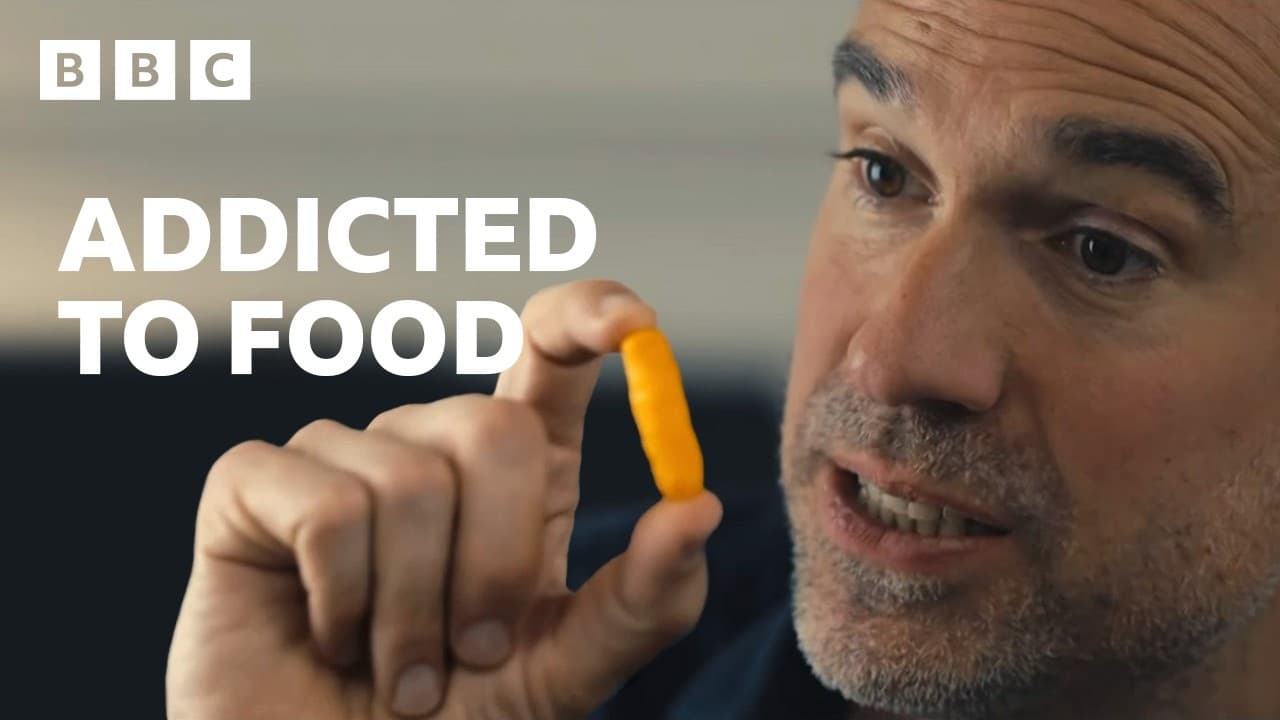Discovering the Hidden Dangers of Our Food System
I never imagined that something as everyday as eating could feel so uncontrollable, but as an NHS doctor and scientist, I've seen how the global food system is driving a silent epidemic of obesity that defies simple explanations like willpower.
TL;DR
I realized obesity rates surged in the mid-1970s, not from lost willpower, but changes in food that made it hard to resist.
Food companies optimize textures and flavors, creating soft, energy-dense snacks that bypass natural fullness signals, leading to overeating.
Marketing tricks like branding and sounds make ultra-processed foods addictive, turning snacking into a constant battle for control.
Even knowing the risks, avoiding these engineered foods is tough due to their affordability and ubiquity in daily life.
This raises questions about whose fault it really is, hinting at deeper industry influences that demand a closer look.
As an NHS doctor and scientist, I'm increasingly alarmed by how the global food system is affecting our health. For years, we've blamed obesity on personal choices, like a lack of willpower or laziness, but that view doesn't hold up when you look at the data. In the 1960s and early 1970s, obesity rates were steady across all age groups, yet suddenly in the mid-1970s, they began rising sharply for everyone at once.

This simultaneous increase suggests something fundamental changed in our food, not that people suddenly became less responsible. I remember examining American government data, which shows lines for different ages all trending upward from that period, indicating a systemic shift rather than individual failings. It's not plausible that entire populations lost moral resolve overnight, so what really happened was likely alterations in food processing and marketing that made it irresistibly appealing.
Over my career, I've spoken with industry insiders like John Ruff, who spent 40 years in the food sector across various countries. He explained how companies meticulously optimize every aspect of their products, from flavor and taste to texture, using trained sensory panels to rate qualities like crunchiness or softness. This focus ensures their items outperform competitors, driving higher sales through engineered appeal.

One key insight is how factory processing alters food's texture, making it softer and less chewy. When food is soft, we don't chew it as much, which shortcuts the body's natural satiety mechanisms that signal when we're full. As a result, people end up consuming more calories without realizing it, turning what should be a simple meal into an overeating trap.
For example, many packaged snacks my kids love, like certain puffed treats, might seem crunchy at first but quickly melt in the mouth with little resistance. These have a high caloric density—more calories per gram than even a fatty burger—yet they're designed with "vanishing caloric density," meaning they disappear fast, tricking us into eating more. This manipulation isn't accidental; it's a deliberate strategy to boost consumption and profits.
Beyond the food itself, marketing plays a huge role in making it addictive. Eating is a multi-sensory experience, involving sights, smells, textures, and even sounds that companies engineer to perfection. For instance, the satisfying click and tear of opening a soda can is the result of sonic branding, where sound experts fine-tune noises to enhance appeal, just like the iconic "snap, crackle, and pop" of cereal that many remember from childhood.

This branding fights for "stomach share," encouraging constant snacking between meals. A typical day might start with an ultra-processed breakfast shake, followed by "healthy" veggie straws or protein bars that are actually energy-dense and nutrient-poor. These products are marketed as convenient alternatives, often with health claims, but they replace real food and make it hard to stop once you start.
I often find myself unable to put down certain snacks, even knowing they're harmful. Researchers studying this have drawn parallels between ultra-processed foods and addictive substances, noting that items like chocolate, ice cream, and pizza trigger compulsive eating behaviors. These foods don't exist in nature; their potency overrides our self-control, leading to cycles where people want to cut back but can't.
Imagine trying to avoid ultra-processed foods—it's everywhere, often the most affordable option, and backed by clever marketing from top experts. For those struggling with weight or diet-related diseases, it's not a personal failing; it's the system's design. While the food industry claims they're investing in healthier products and reducing sugar and salt, their statement also defends against taxes or warning labels, arguing for other approaches.
The government's Scientific Advisory Committee on Nutrition notes that more research is needed on ultra-processed foods before guiding policy. If evidence mounts, the industry says they'll adapt, but for now, the challenge persists.
Reflecting on this, the real lesson is that our food environment has evolved in ways that prioritize profit over health, making it crucial to advocate for systemic changes. Looking ahead, continued research and policy shifts could empower individuals to make better choices without the constant pull of engineered temptations. Ultimately, this story echoes the voices of those affected, reminding us that awareness is the first step toward reclaiming control.
Key Takeaways
The mid-1970s marked a turning point where food processing changes led to rising obesity rates across all groups.
Food industry tactics, like optimizing textures and using marketing, make ultra-processed foods highly addictive and hard to resist.
Soft, energy-dense snacks bypass natural satiety, promoting overconsumption and health issues.
Avoiding these foods is challenging due to their affordability, ubiquity, and engineered appeal, shifting blame from individuals to the system.









